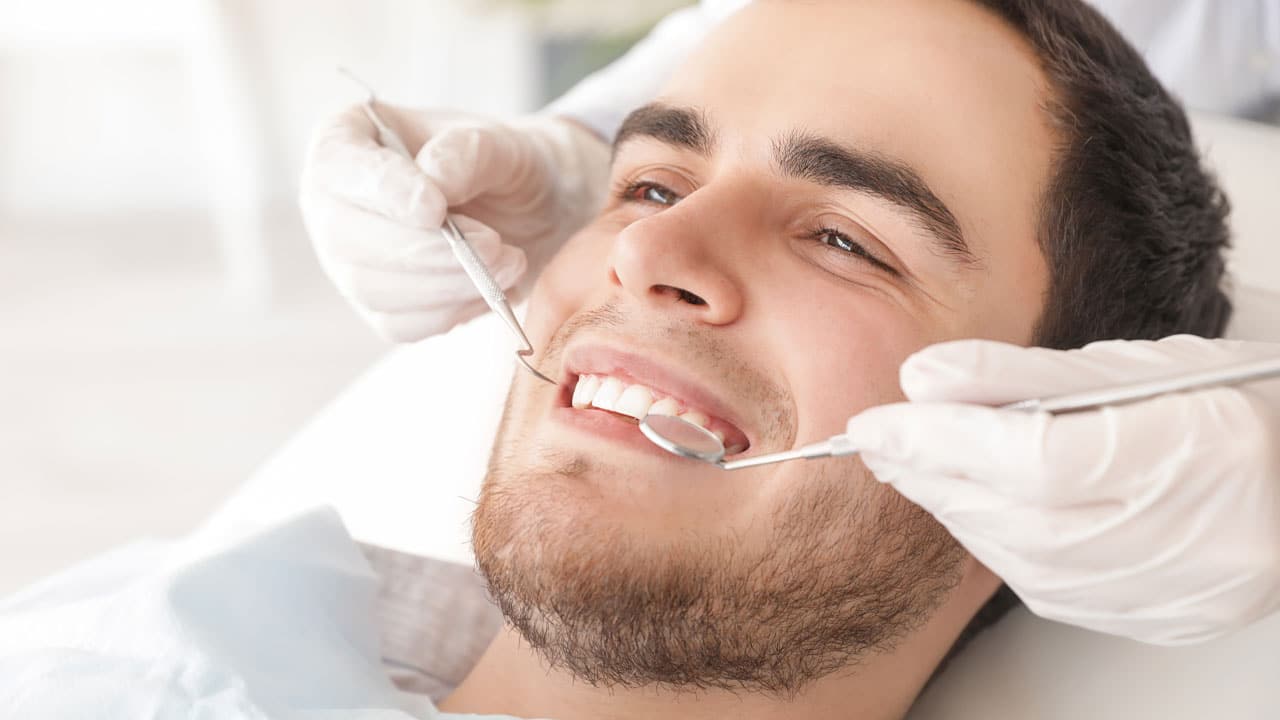Saliva and Your Oral Health: What You Should Know

Your mouth is home to various beneficial bacteria which help keep your oral health in check. Other bacteria can be harmful, causing tooth decay and gum disease. Saliva is nature’s way of keeping your mouth clean and healthy by washing away food debris and plaque.
What is Saliva?
Saliva is a thick, clear fluid produced in the salivary glands. It contains water, mucus, enzymes, and electrolytes. The primary function of saliva is to lubricate your mouth and help break down food. Saliva also plays a role in the digestion of food by helping to break down carbohydrates.
Why Do We Need It?
Your body produces between two and four pints of saliva daily because it is essential for digestive and oral health. Some of the reasons you need adequate saliva include:
- It contains enzymes, amylase, and lingual lipase that break down complex carbohydrates and fats into compounds more easily digested and absorbed into the body.
- It helps to lubricate the teeth and gums, preventing gum recession and plaque development.
- The calcium and phosphate in saliva help remineralize the teeth, and the antibacterial properties of saliva keep the mouth clean.
- It helps maintain a neutral pH level in your mouth by neutralizing the acids from your food and oral bacteria, which can erode teeth.
Where Does it Come From?
Saliva is produced in the mouth by a variety of small glands. The parotid gland, located just below and in front of the ear, produces about 25% of saliva. The submandibular gland, located just below the jaw, produces about 70% of saliva, while the sublingual gland, located under the tongue, produces the remaining 5%.
What Happens If I Have Too Little Saliva?
If your body doesn’t produce enough saliva, you are at a greater risk of developing oral health issues such as dry mouth (xerostomia). Dry mouth allows bacteria to grow, leading to cavities, tooth decay, gum recession, gingivitis, and bad breath.
Dry mouth can occur due to illnesses like diabetes, candida infection, or autoimmune conditions. It can also be caused by certain medications such as antihypertensive, antihistamines, and antidepressants. Lifestyle habits can also impact your saliva production, including smoking, alcohol consumption, and mouth breathing.
What Happens if I Have Too Much Saliva?
While saliva is an essential part of the digestive process, too much saliva can be a sign of an underlying condition. Excess saliva production can be caused by various factors, including anxiety, pregnancy, acid reflux, and certain medications.
In most cases, excessive saliva is not harmful and will resolve without treatment. However, if the condition persists, it can lead to dehydration and electrolyte imbalances.
Discuss the Impact of Saliva on Your Oral Health with Your Dentist
Routine visits to the dentist are essential for keeping your teeth and gums healthy. During these visits, your dentist can detect and treat problems early before they become more serious. They can also provide information on how to care for your teeth and gums at home.
Don’t wait until you have a toothache or other oral health problem before making an appointment. If it’s been a while since your last dental check-up and cleaning, call Hinsdale Dental today at (630) 323-5200 to schedule a visit.
Return to Blog